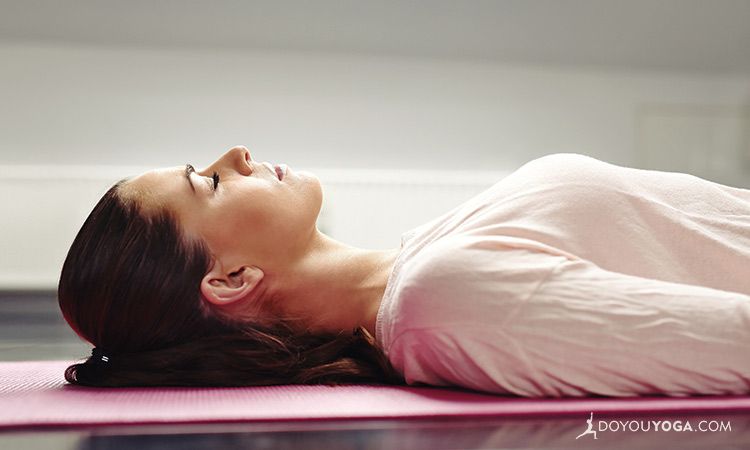Several recent studies have suggested that yoga may offer significant relief to people with Parkinson’s disease. The condition, which affects over a million people in the U.S. (including about 60,000 new people each year), according to the American Parkinson Disease Association, is a neurological disease that causes motor problems such as slowness of movement, difficulty with balance, rigidity, tremors, and more.
Parkinson’s also frequently results in fatigue, anxiety, depression, and difficulty sleeping. This can be a devastating condition, and it’s often difficult for patients to deal with their deteriorating physical health along with the possibility of future dementia. Hopefully, yoga may ease some of these symptoms.
The most recent study, published in January by researchers at the University of Victoria in British Columbia, found that yoga not only improved psychological well-being, it also had an effect on the mobility problems experienced by many patients.
Study: Yoga Improved Mobility And Balance
By analyzing seven studies involving yoga and Parkinson’s patients, says the Huffington Post, the researchers discovered that yoga improved “mobility, balance and lower-extremity function, and reduced fear of falling and loss of strength and flexibility.”
The earlier study, published in 2012 in Yoga & Physical Therapy, showed similar results. Using a group of 13 Parkinson’s patients and a control group, researchers at the University of Kansas Medical Center found that doing an adapted form of Iyengar yoga twice a week for 12 weeks resulted in progress in several areas. The patients’ strength, range of motion, flexibility, motor function, and balance scores all improved.
“Yoga provides an alternative method for addressing some of reversible factors that impact motor function like strength, flexibility and balance. The core strengthening that is part of yoga should be investigated for this reason. The individualized improvements in posture with yoga training we observed may have contributed to improved motor scores and noted gait parameters,” wrote the authors of the study.
This study also investigated the effects of yoga in older, healthy adults without Parkinson’s; the authors noted that yoga programs of eight and 12 weeks resulted in increased hip extension and stride length, as well as a positive effect on balance and the fear of falling.
So is yoga a complete cure-all? Not quite, but it looks like it could still be life-changing for some people.


